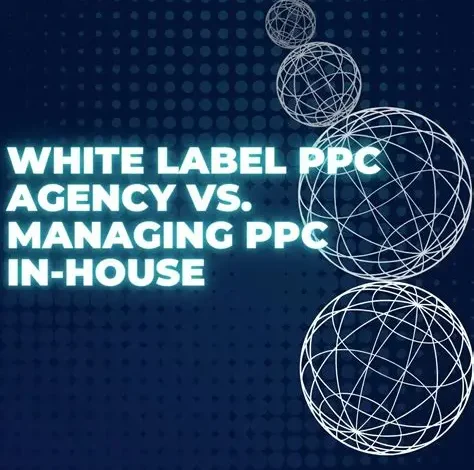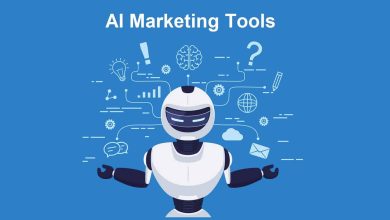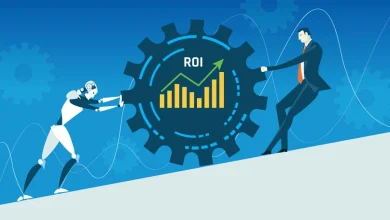
Return on investment (ROI) is the best way to know that you are winning your pay-per-click (PPC) advertising game.
It doesn’t matter if you are a digital marketing agency, a co-founder at a startup, or a marketing manager, every decision on which way to do your campaigns comes down to which option serves the best value over time.
Today, you and I will explore ROI in PPC management in depth, look at the challenges agencies face, and compare the impact of freelancers versus white label PPC on long-term performance.
What Does ROI Mean in PPC Management?
ROI in PPC management is about the overall return on your investment, not just immediate revenue. It includes time saved, efficiency gained, client satisfaction, and the ability to scale.
When people think of ROI in PPC, it mostly comes down to how much money is spent versus the money earned through that campaign. While technically that is correct, this oversimplifies the overall picture.
A campaign could generate sales, but if it requires constant monitoring, frequent fixes, and eats into strategic planning time, the ROI is diminished. Agencies, founders, and marketing managers should think about ROI more holistically:
- Time efficiency: Every hour spent tweaking campaigns is an hour not spent on high-value activities like client acquisition or strategic planning.
- Consistency: True ROI comes from steady, reliable improvements and not just one-time wins.
- Scalability: Can the approach that works for three clients also work for thirty? If not, your ROI will hit a ceiling.
- Opportunity costs: Missed leads, delayed optimisations, and errors all carry hidden costs that eat into ROI.
What Are The Difficulties Faced by Agencies in PPC Management
Even established agencies face roadblocks when handling PPC. These challenges then directly impact the ROI.
- Growing while maintaining quality
As agencies scale and add more accounts, it’s hard to maintain this same level of granular attention. It can mean teams being stretched too thinly, which has the potential to slow down optimisations and miss opportunities. - Keeping up with platform changes
Google Ads, Meta Ads, and other platforms change rapidly. Features are added, algorithms shift, and compliance rules change. Agencies need to invest time in continuous learning, which often competes with client delivery. - Balancing creativity with analytics
Successful PPC requires both compelling creative and rigorous data analysis. Finding someone or even a small team that excels in both areas is rare, which can leave gaps in performance. - Limited resources
Smaller agencies often don’t have access to enterprise-level tools or the budget for in-house specialists. This can create a disadvantage when competing with larger agencies offering more advanced solutions. - Managing client expectations
Clients expect clear results, timely reporting, and visible progress. When resources are stretched, reports get delayed or results plateau, putting client relationships and long-term ROI at risk.
How Do White Label PPC Services Impact ROI Differently?
Instead of relying on a single individual, agencies gain access to a team of experts working within structured systems with white label PPC services. This difference has a significant impact on ROI.
Strengths
- Full team of specialists
A white label PPC partner provides a team of strategists, copywriters, designers, and analysts, each focused on their area of expertise. This collective skill set means campaigns are sharper, more efficient, and more successful across every touchpoint. - Advanced tools and reporting
White label providers invest in premium software for bid management, data analysis, and campaign optimisation. Agencies benefit from enterprise-level insights and professional reporting without the heavy financial outlay, which builds trust and credibility with clients. - Scalable support
Growth sometimes comes in waves. With white label PPC, agencies can scale resources up quickly to meet demand, ensuring no delays in campaign launches or optimisations.
How Do Freelancers Deliver ROI in PPC Management?
Freelancers remain a popular choice for agencies and startups. They can bring flexibility and cost savings, but their limitations become clear as businesses scale.
Strengths of Freelancers
- Lower upfront costs: Hiring freelancers usually requires less financial commitment, making them attractive for startups or small agencies with tight budgets.
- Flexible contracts: Freelancers often work on short-term or project-specific agreements, which provide agility.
- Direct communication: Working with one person can simplify feedback loops and reduce miscommunication.
Limitations of Freelancers
- Limited bandwidth: A freelancer can only handle a finite number of accounts. As the workload grows, quality often declines.
- Varied expertise: Some freelancers excel, but many lack depth in areas like advanced bidding strategies, data analysis, or cross-platform optimisation.
- Reliability concerns: Deadlines may slip, availability may change, and long-term consistency can be hard to guarantee.
Cost vs Value: Which Gives Better ROI Long-Term?
It’s tempting to weigh freelancers against white label PPC purely on cost. But ROI is about the option that delivers the most value over time.
Freelancers: The Cost Angle
- Lower upfront spend: Attractive for startups or smaller projects.
- Flexible working terms: Easier to hire for short-term campaigns.
- Hidden costs: Delays, missed opportunities, and limits in expertise can erode ROI quietly.
White Label PPC: The Value Angle
- Higher upfront investment: Monthly retainers often cost more than hiring a freelancer.
- Greater expertise and tools included: Access to an entire team and advanced platforms reduces inefficiencies.
- Built for scalability: Agencies can expand without worrying about delivery bottlenecks.
Over 12 to 24 months, white label PPC consistently provides stronger ROI. Campaigns improve in a structured way, reporting builds client trust, and scalability prevents agencies from hitting growth ceilings.
While freelancers might win on cost for a single project, white label PPC wins on value and long-term sustainability.
When Do White Label PPC Services Win on ROI?
White label PPC becomes the better option when:
- Agencies are scaling quickly and need reliable, repeatable support.
- Multiple client accounts with diverse needs must be managed consistently.
- Predictable reporting and steady improvements are crucial to client relationships.
- Long-term ROI is more important than short-term cost savings.
Bottom Line
When comparing freelancers with White label PPC services, the key is who can deliver sustainable ROI.
Freelancers work well for startups with limited budgets or for short-term projects. But for agencies and businesses focused on growth, white label PPC provides the scalability and consistency needed to maximise ROI over time.
If your goal is to deliver predictable results to clients while freeing up time to grow, White label PPC services are a better growth strategy.





